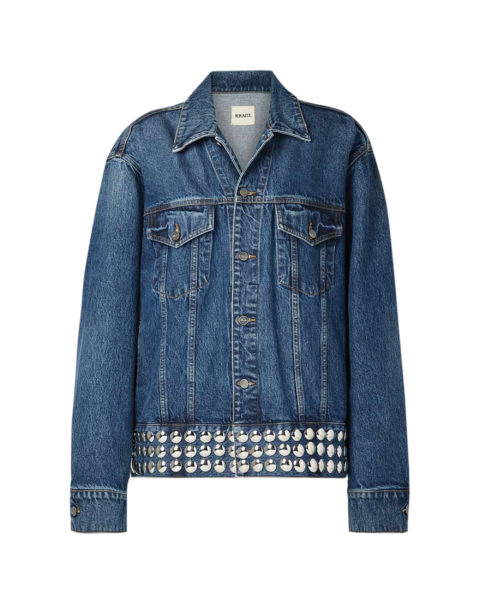Unlock the Editor’s Digest for free
Roula Khalaf, Editor of the FT, selects her favourite stories in this weekly newsletter.
High-end Danish speaker and television maker Bang & Olufsen is confident it can defy a slowdown in the luxury goods sector partly because “the rich will only become richer”.
The brand, which counts musicians Alicia Keys and Lenny Kravitz among its customers, is seeking to become a major luxury player despite lacklustre sales among premium goods groups. A three-year boom in luxury demand has come to an end in recent months as customers cut spending on expensive items.
Chief executive Kristian Teär said the fact that the retailer, whose Beolab 90 speakers cost £110,000, had no meaningful competition in the premium space was an advantage that “will make us more resilient in downturns”, although he recognised he had to increase awareness of the brand.
“If you go to jewellery, you have a few brands, if you go to fashion, you have a few brands, if you go to cars, you have a few brands,” he said during an interview at the new Bang & Olufsen store in London this week. “In audio luxury, there is nobody else.”
He is on a drive to recruit Generation Z and millennial shoppers with a penchant for design and technology who increasingly stream music as well as wealthy individuals who “don’t want to have something ugly” in their homes and “have enough funds”. Bang & Olufsen sells its products in 400 locations, including its own stores and concessions in other retailers.
“The rich will only become richer, and . . . we know they want to also express themselves, and they don’t want to have what everybody else has,” he said.
“The reason why we aren’t bigger than we are is because we’ve tried to be everywhere for everybody all the time, and we were struggling. Now the direction is set, the focus is clear, we know what we’re doing, and that’s also why we show good growth in London because we try to serve the customers who we are targeting.”
The company was founded in 1925 and it developed one of the first mass-produced radios that could be plugged into the wall, without the need for a battery.
It had a bumpy ride during the pandemic when sales collapsed as the world shut down and supply chains were derailed, but recovered as people splashed the cash on gadgets. However, it recorded revenue of DKr2.75bn ($400mn) for the year to May, a decline of 7 per cent compared with the previous year.


























































![Mason Ramsey – Twang [Official Music Video] Mason Ramsey – Twang [Official Music Video]](https://i.ytimg.com/vi/xwe8F_AhLY0/maxresdefault.jpg)






















